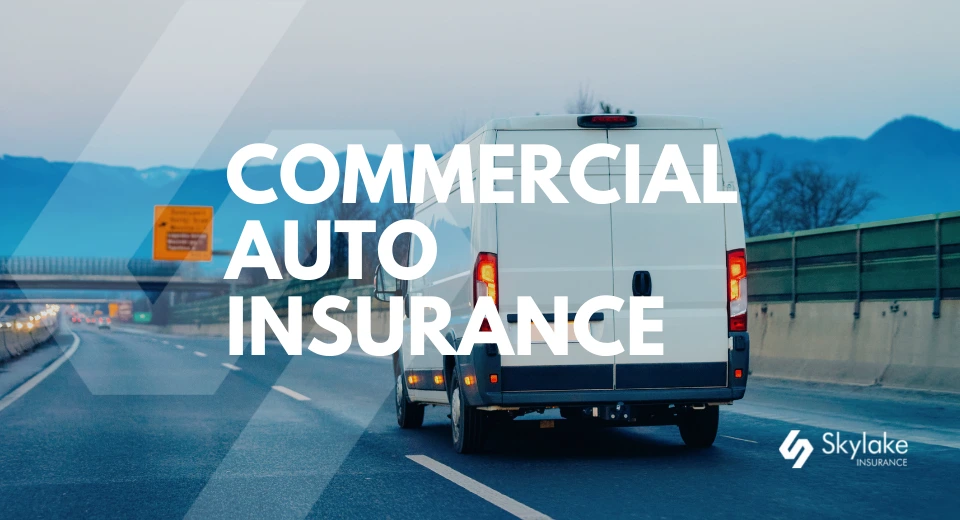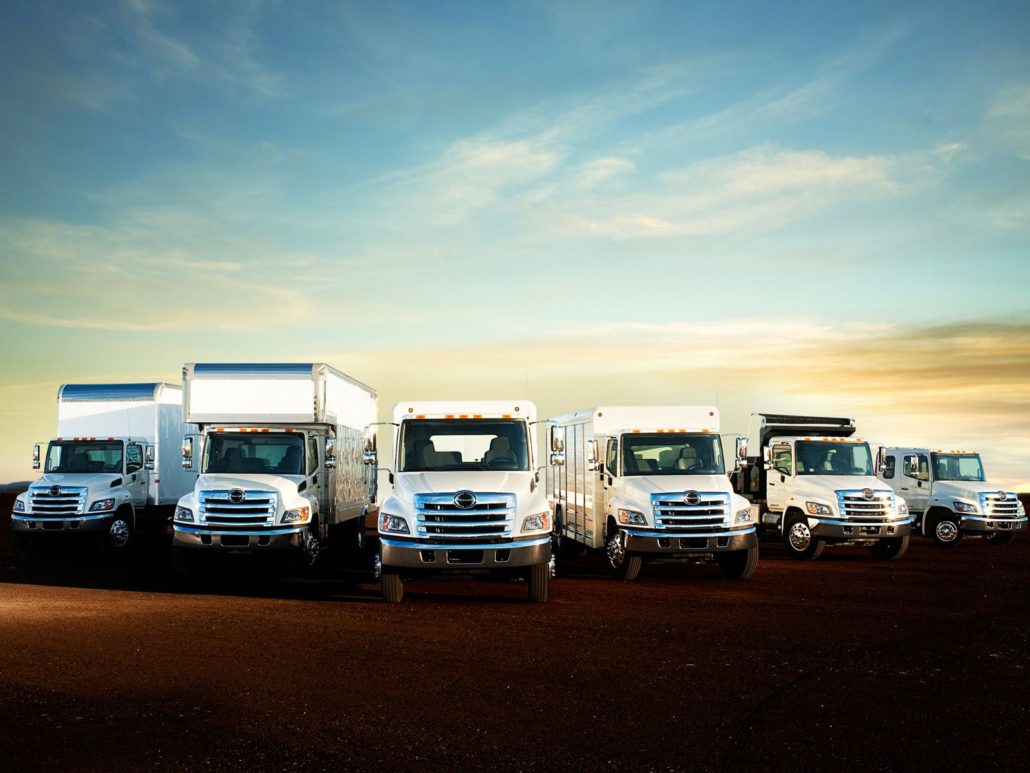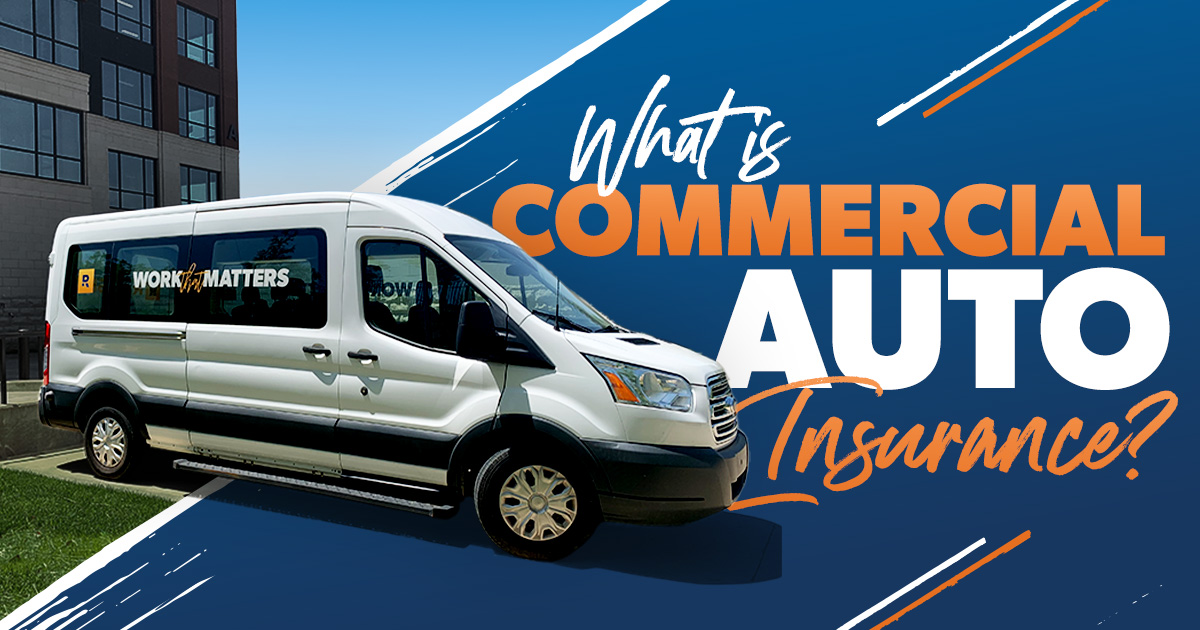If your business owns or leases vehicles, it is crucial to have commercial auto insurance. Many small business owners mistakenly believe that their personal auto policy will cover their work vehicles. However, this is often not the case. To ensure your company is properly protected from liability and losses related to the use of vehicles for work purposes, it is essential to have commercial auto coverage. In this comprehensive guide, we will explore everything you need to know about commercial auto insurance, including coverage details, types of vehicles covered, cost factors, and tips for keeping your insurance costs low.
Understanding Commercial Auto Insurance

Commercial auto insurance, also known as business auto insurance or commercial vehicle insurance, provides coverage for a wide variety of vehicles used for business purposes. These vehicles can include cars, pickup trucks, buses, food trucks, limousines, tow trucks, delivery vans, and many others. If your business owns or leases a vehicle not listed here, it is advisable to consult with a licensed insurance expert to determine if coverage can be provided.
Coverage Details
Commercial vehicle insurance offers coverage for both liability and physical damage losses. Liability coverage protects you from situations where someone sues you for damages related to your use of a company vehicle. This can include property damage liability coverage, bodily injury liability coverage, and coverage for legal defense expenses. Physical damage coverage, on the other hand, pays for repairs to your vehicles from collisions, vandalism, theft, fire, and other specified hazards. Additional coverage options may include medical payments, uninsured motorist coverage, and underinsured motorist coverage.
Table 1: Coverage Details
| Coverage Type | Description |
|---|---|
| Property damage liability | Covers the cost of damages to another person’s vehicle or property if your vehicle is involved in an accident. |
| Bodily injury liability | Covers the costs related to injuries or fatalities caused by an accident in which you or your employee is at fault. |
| Collision coverage | Pays for damage to your vehicles or trailers from collisions with other vehicles or single-car accidents. |
| Comprehensive physical damage coverage | Covers damage to your vehicles or trailers from incidents other than collisions, such as theft, vandalism, flood, fire, and other specified hazards. |
| Medical payments coverage | Covers medical expenses for employees or passengers traveling in your vehicle, regardless of fault in an accident. |
| Uninsured motorist coverage | Pays for medical expenses and property damage if your vehicle is involved in an accident caused by a hit-and-run driver or someone without insurance. |
| Underinsured motorist coverage | Covers the damage caused by an at-fault driver who has insurance but not enough to cover the full extent of the damage. |
Who Needs Commercial Auto Insurance?
Companies of all sizes that own or lease vehicles for business purposes should have a commercial auto policy. This includes one-person businesses and those in the for-hire transportation industry. The list of businesses that need commercial vehicle coverage is extensive and includes architects, bus companies, contractors, electricians, food service companies, home inspectors, IT consultants, retailers, restaurants, taxi companies, transportation companies, and many others. It is crucial to understand your vehicle insurance needs, requirements, and options to ensure your business is adequately protected.
Exclusions to Commercial Auto Insurance
While commercial auto coverage is broad, there are specific exclusions to be aware of. These exclusions include costs associated with vehicle racing, intentional or expected property damage or injuries, worker injuries covered by workers’ compensation insurance, liability associated with mobile equipment operation, and vehicles that are not listed on your policy. Temporary rental vehicles may be covered if your listed vehicle is being repaired, serviced, or suffered a total loss. It is important to fully understand the exclusions that apply to your commercial auto policy and consult with an insurance expert if you have any questions.
Determining the Cost of Commercial Auto Insurance
Several factors influence the cost of commercial auto insurance, including the type of vehicle, its usage, the driving records of the individuals operating the vehicles, and more. As a reference, the cost for smaller vehicles used for commuting or consulting purposes can range from $600 to $1,500 per vehicle per year, while vehicles used in for-hire trucking operations may cost $5,000 to $15,000 per vehicle annually to insure. Livery vehicles commonly cost $2,000 to $6,000 per vehicle per year. It is important to note that biBERK’s direct-to-you approach can offer prices up to 20% less than other providers. To determine your cost for commercial auto coverage, you can obtain an instant online quote by answering a few questions. biBERK’s self-service platform allows you to easily purchase your policy online, providing busy business owners with a convenient way to secure the coverage they need.
Commercial Auto Insurance vs. Personal Auto Insurance: Understanding the Difference
While commercial and personal auto policies cover similar aspects such as liability, collision, comprehensive, medical payments, and incidents involving uninsured or underinsured motorists, there are significant differences between the two. Commercial auto policies have different eligibility criteria, definitions, coverages, exclusions, and limits compared to personal auto policies. Therefore, it is essential not to rely solely on personal auto coverage for your business vehicles. Understanding the distinctions between commercial and personal auto insurance can save you from costly consequences in the event of an accident.
Hired and Non-Owned Auto Liability Coverage

Hired and non-owned auto liability coverage provides liability protection when a business owner or employee uses a vehicle not owned or leased by the company for business purposes. This coverage is essential in scenarios where employees use their own vehicles for company deliveries or when a company periodically rents a truck for larger deliveries. Hired and non-owned liability coverage can be added to a general liability policy or a business owners policy (BOP). It is important to note that this coverage only applies when someone is driving a vehicle for work purposes and does not cover incidents that occur during personal use.
Commercial Auto Insurance and Trailers
If your business uses trailers, it is crucial to understand how commercial auto insurance covers them. Liability coverage is automatically provided for trailers weighing under 2,000 pounds, but theft or damage coverage must be added to the policy. For trailers weighing 2,000 pounds or more, they must be added to the policy to have any coverage. Whether your business owns or leases trailers, it is essential to ensure they are adequately covered to protect your assets.
Auto Insurance for Restaurants
Restaurants that offer delivery services must have the appropriate auto insurance coverage. The type of coverage needed depends on whether the vehicle used for deliveries is owned by the restaurant or if employees use their own vehicles. In the case of employee-owned vehicles, adding hired and non-owned liability insurance to the general liability policy or BOP is recommended. Vehicles owned or leased by the restaurant should be listed on a commercial auto policy. It is crucial to have protection for any work-related vehicle use, as even short trips can result in accidents or damage.
Real-World Commercial Auto Insurance Coverage Examples
Commercial vehicle insurance can protect your business from various incidents. Here are a few real-world examples:
-
Bodily injury liability coverage: An employee driving a company cargo van runs a stop sign and collides with another vehicle, resulting in injuries. Your business is found at fault and is required to pay over $30,000 in medical bills, court fees, and other costs.
-
Property damage liability coverage: A crew member backing a pickup truck into a homeowner’s driveway accidentally hits the garage door. The customer sues, and your business is required to pay $6,500 for repairs.
-
Comprehensive physical damage coverage: Vandals damage several company vehicles on your lot, causing significant repair costs of over $25,000. Fortunately, your commercial auto policy covers these incidents, alleviating the financial burden on your business.
Tips for Keeping Your Business Auto Insurance Costs Low

Insurance companies consider various factors when determining the cost of business auto insurance, including claims history and employee driving records. Taking steps to reduce accidents and minimize risk can help keep insurance costs low. Consider the following tips:
-
Check applicant driving records: Conduct thorough background checks on potential employees to assess their driving history and identify any potential liability risks.
-
Document safety rules: Clearly define and explain your expectations for employees who drive company vehicles. Offer incentives for safe driving and outline disciplinary actions for violations.
-
Train employees on safe driving practices: Provide training to help employees understand and implement safe driving practices. Online and live instruction can be effective methods.
-
Prohibit calling or texting while driving: Establish strict rules prohibiting the use of devices while driving. Instruct employees not to contact coworkers who are on the road.
-
Buy vehicles with good safety records: Purchase vehicles with high safety ratings and optional safety features to minimize accidents and reduce insurance costs.
Conclusion
Commercial auto insurance is a crucial component of protecting your business on the road. Whether you own or lease vehicles for business purposes, having the appropriate coverage is essential to safeguard against liability and losses. Understanding the coverage details, exclusions, and cost factors can help you make informed decisions when selecting a commercial auto policy. By following safety measures and minimizing risk, you can keep your insurance costs low and focus on operating your business with peace of mind. Remember to consult with a licensed insurance expert to ensure you have the right coverage for your specific business needs.
